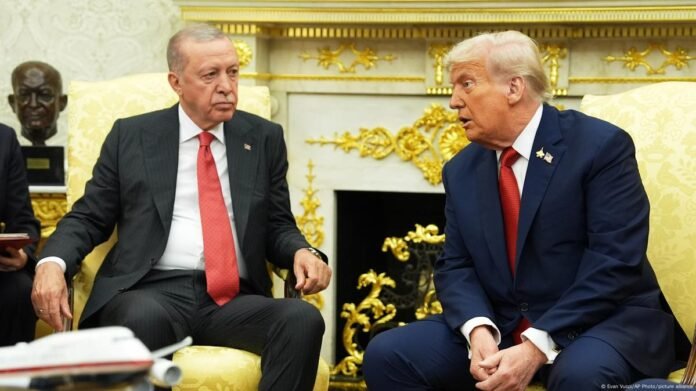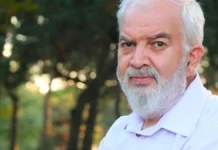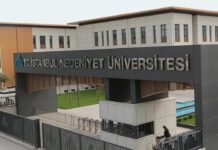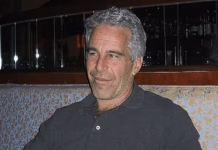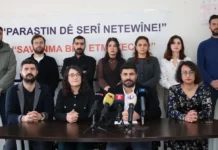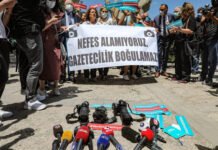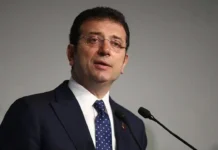US President Donald Trump sparked renewed debate about election integrity in Turkey on Thursday when he quipped during a White House meeting that his counterpart, Recep Tayyip Erdoğan, “knows about rigged elections better than anybody,” Turkish Minute reported.
The remark, delivered as Trump sat beside Erdoğan in the Oval Office, came as the US president again repeated his false claim that fraud cost him the 2020 election. “We’ve been friends for a long time, actually, even for four years when I was in exile, unfairly, as it turns out — rigged election,” Trump said. “You know he knows about rigged elections better than anybody,” he added, pointing to Erdoğan.
The comment quickly reverberated in Turkey, where election security has been a contentious issue for years. Erdoğan and his ruling Justice and Development Party (AKP) have long faced criticism for weakening the independence of electoral institutions and using state resources to shape outcomes. Opposition parties point to irregular voter rolls, intimidation of candidates and lack of transparency in ballot counting as signs of systemic problems.
Controversial past votes
A 2017 referendum that concentrated power in the presidency was marred by allegations of fraud, including the use of unstamped ballots. A report by the main opposition Republican People’s Party (CHP) drafted that year argued that the measure, officially approved by 51.4 percent of voters, in fact failed but was announced as a victory for the government. Legal challenges were dismissed.
Skepticism deepened after the annulment of İstanbul’s 2019 mayoral race, in which opposition candidate Ekrem İmamoğlu’s victory was overturned following AKP objections of alleged irregularities. The rerun, which İmamoğlu won by an even larger margin, became a symbol of growing doubts about the fairness of Turkey’s elections.
Fresh concerns resurfaced during Turkey’s May 2023 presidential and parliamentary elections. Erdoğan failed to win outright in the first round, forcing a runoff, while his party with its political allies secured a parliamentary majority. Opposition parties accused the YSK of underreporting results, altering database tallies and allowing inconsistencies between official electronic data and wet-signed ballot box reports.
The CHP documented irregularities after comparing official records with ballot reports from polling stations. The pro-Kurdish Green Left Party said votes meant for its candidates were shifted to the far-right Nationalist Movement Party (MHP), Erdoğan’s ally. Watchdog groups also alleged a broader scheme to inflate votes for Erdoğan and his allies.
International monitors from the OSCE noted systemic issues including biased media coverage, lack of transparency in resolving complaints and procedural flaws in voting and counting. Critics said these problems reinforced doubts about whether Turkey’s elections could be considered free and fair.
According to critics, Trump’s remark carried implications beyond humor. Emrah Gülsunar, a political historian at Lund University, wrote on X that the comment was a veiled reminder: “We know what you do at home to stay in power but we remain silent, and in return you are expected to do what we want.”
Yusuf Can, a researcher at the Stimson Center in Washington, said Trump had bluntly confirmed what critics have long claimed. “Erdoğan certainly knows a thing or two about rigged elections,” he said, citing the disputed 2017 referendum.
Erdoğan, in power since 2003, has overseen mass crackdowns on dissent and the jailing of political rivals, including İmamoğlu, who was arrested in March on corruption charges widely seen as politically motivated. Opposition figures say Trump’s offhand comment only exposes the erosion of democratic safeguards under Erdoğan’s rule and the growing risks to Turkey’s political stability.

